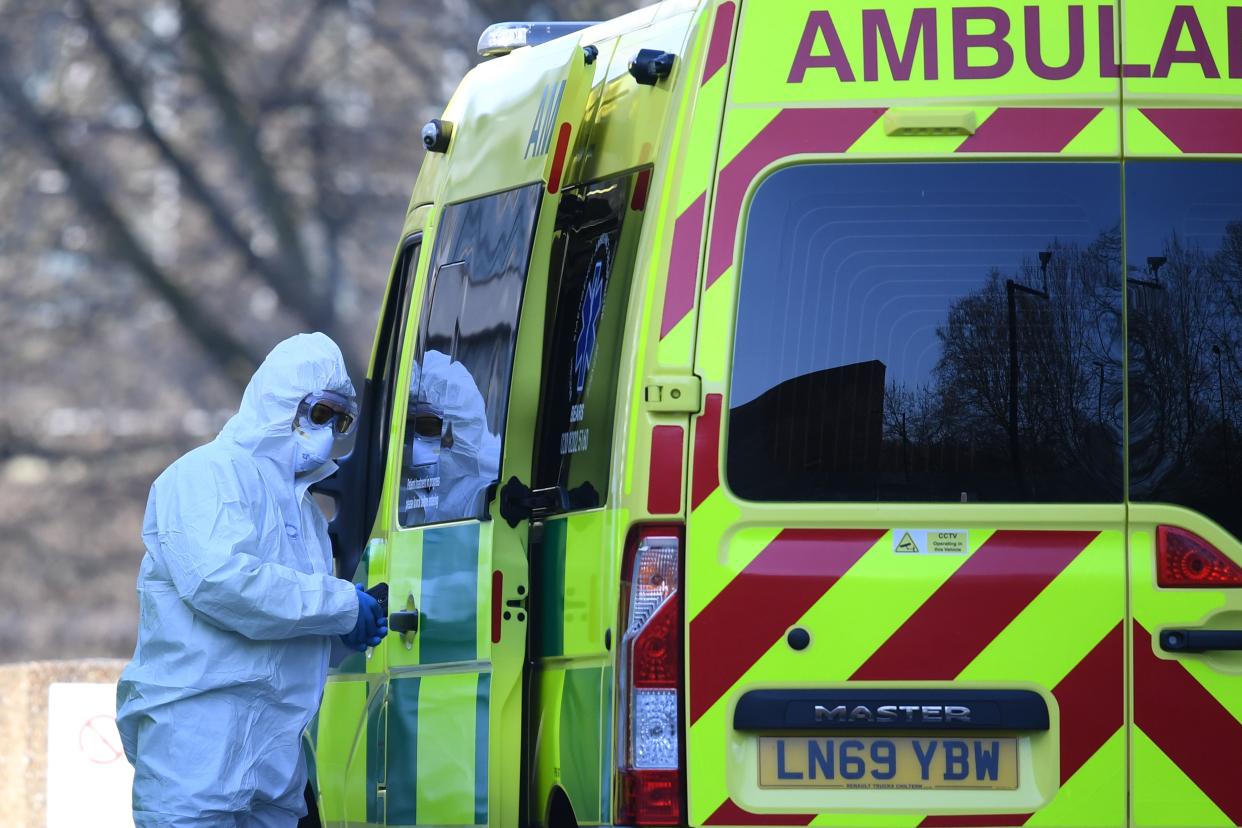Coronavirus: Worst strain on NHS will come within three weeks, leading scientist says

A leading professor has warned the NHS will probably come under peak strain from coronavirus in two to three weeks’ time – and “decline thereafter”.
Prof Neil Ferguson, an infectious disease expert, also said he was confident the NHS will cope and operate “within capacity” at a national level.
Prof Ferguson made the claim to the House of Commons science and technology committee on Wednesday, after the UK suffered its biggest daily rise in coronavirus deaths – 87 – on Tuesday.
He told MPs by video-link that if the government’s social distancing measures “work as we would expect them, then we will see intensive care demand peak in approximately two to three weeks and then decline thereafter”.

He added: “There will be some areas of the country that will be extremely stressed but we are reasonably confident – that’s all we can be at this current time – that at a national level we will be within capacity.”
Prof Ferguson, director of Imperial College London’s MRC Centre for Global Infectious Disease Analysis, said the government’s current strategy could prevent the majority of the population being infected with COVID-19 and tip it from a growing epidemic to a declining epidemic.
Latest coronavirus news, updates and advice
Live: Follow all the latest updates from the UK and around the world
Fact-checker: The number of COVID-19 cases in your local area
Explained: Symptoms, latest advice and how it compares to the flu
He also said that once the lockdown is lifted, the infection can hopefully be kept at manageable levels.
“There will be some resurgence of transmission,” he said, “but the hope is that by employing more focused policies to suppress those local outbreaks, we can maintain infection levels at low levels in the country as a whole indefinitely.
“It remains to be seen how we achieve this and how practical it proves to be.”
He said it was “plausible” that COVID-19 could behave like other coronaviruses and that transmission could be somewhat reduced in the summer months – but perhaps not by more than 10% to 20%.

 Yahoo News
Yahoo News 

